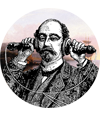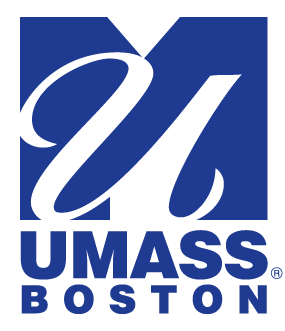TeachForward.org: Online Curriculum-Sharing
Categories:
by Rob Lucas

A great lesson can change a student's life. Perhaps the most famous life-changing lesson was the one first taught by Jane Elliot who, in the aftermath of Dr. Martin Luther King Jr.’s assassination, taught her Iowa schoolchildren about the profound effects of discrimination by grouping them by the color of their eyes. While few teachers or lessons achieve this level of renown, nearly everyone I meet can cite some lesson that changed the way they saw the world—a science experiment, for example, a simulation of the UN, or a poetry reading. I became a teacher because I wanted to have this kind of impact on students.
But 3 years ago, during my first year of teaching, I didn’t feel my lessons were changing many lives. Sure, I had some hits, but I had many more misses. For each lesson that missed, I knew that a teacher somewhere had come up with an incredible way to teach the same topic, but frustratingly, I had no way to benefit from their work. After they’re taught, most great lessons find their way to dusty filing cabinets, never to be seen by another soul.
Technical Obstacles
The problem is certainly not new. More than 75 years ago, John Dewey observed,
The successes of [excellent teachers] tend to be born and die with them: beneficial consequences extend only to those pupils who have personal contact with the gifted teachers. No one can measure the waste and loss that have come from the fact that the contributions of such men and women in the past have been thus confined. (The Sources of a Science of Education, 1929)
We’ve made some progress since 1929. Magazines and journals publicize best practices, and many school districts have mentoring programs. But based on my experience and the conversations I’ve had with other teachers, our educational system provides far too little in the way of polished, detailed lesson plans and teaching materials.
Fortunately, we have a tool at our disposal that previous generations lacked—the Internet. A Google search for “lesson plans” yields nearly 19 million hits. But most lesson plan sites lack the community features that have become standard on other sites, such as user ratings, topical tags, social networking, and wiki pages that can be edited and improved by other users.
For the past two-and-a-half years, I’ve been working to fill that gap. During my summer after my first year of teaching, I took the first step, creating a wiki-based lesson-sharing site called the Teachers’ Lounge. Inspired by the success of that site, I left my school in rural North Carolina to come to Boston, pursue a masters degree in educational technology, and start a fully-featured site and a nonprofit organization to run it. Those efforts will bear fruit this fall at http://TeachForward.org, a community in which teachers will be able to share their favorite lessons and to benefit from the best work of their colleagues around the country.
Legal Obstacles
I’ve come to realize, however, the obstacles to curriculum-sharing are not only technical but also legal. A great deal of teachers’ work consists of adapting materials from various sources—video clips taped from TV, images from the Web, lesson plans from the teacher down the hall, and practice problems from old textbooks stowed in the back of the classroom. Most classroom use of these materials is legally protected under the doctrine of ‘fair use’, but as Harvard Law professor Bill Fisher and his colleagues have noted), sharing of the copyrighted resources online is often illegal.
Thus, teachers cannot benefit from a cycle of adaptation and refinement, and the teaching profession will not develop the systems of continuous curricular improvement that it so desperately needs. Even most nonprofit online lesson sites fail to recognize the importance of republication, publishing their works under licenses that allow classroom use but not modification and republication.
To overcome this obstacle, TeachForward uses an innovative licensing scheme developed by Creative Commons, a nonprofit organization founded in 2001 by Stanford Law Professor Lawrence Lessig. All works on TeachForward.org will be published under a Creative Commons license, which explicitly allows users to modify and repost them, whether on our site or elsewhere. The only requirements are that the new work must be published under the same license and that attribution must be provided to the original creator.
Working alongside public domain repositories like Project Gutenberg and other ‘open content’ projects such as Wikipedia, OpenClipArt.org, and Flickr’s Creative Commons photo search, TeachForward is helping to create a base of resources that teachers can use, modify and re-post without fear of copyright violation. We invite other mission-driven nonprofits to investigate these issues for themselves and to join us in building this educators’ commons.











